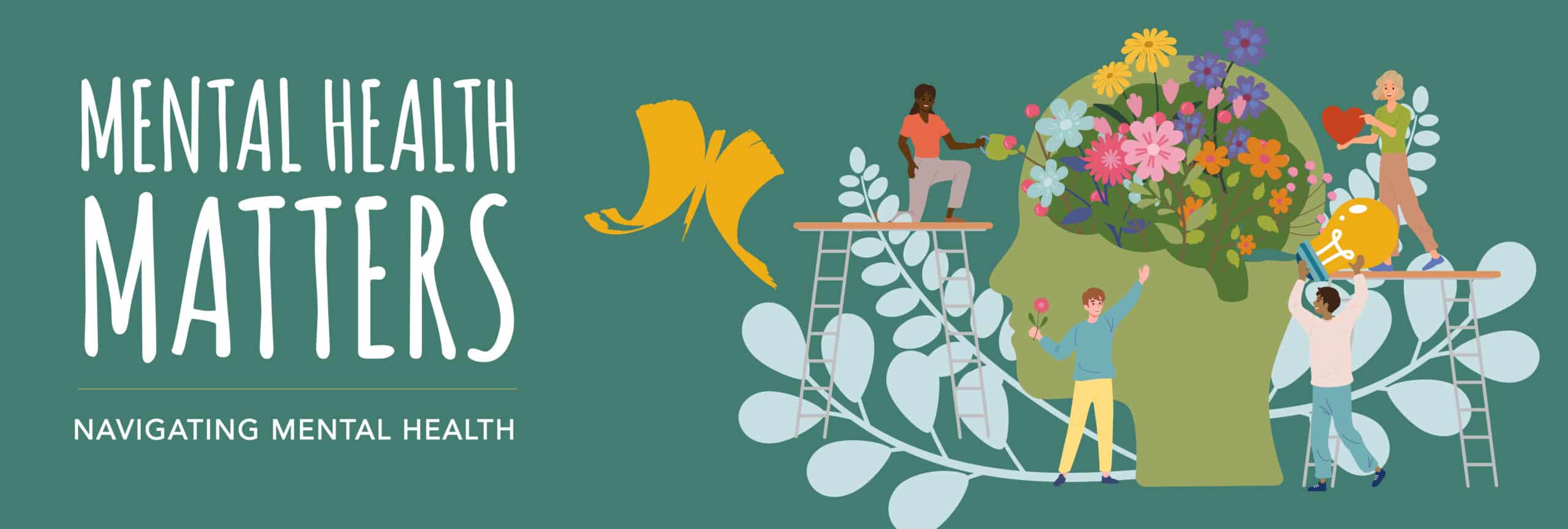The High Cost Of Neglect: Why Investing In Childhood Matters For Mental Wellbeing

Table of Contents
The Long-Term Impact of Neglect on Mental Health
Childhood neglect, encompassing emotional, physical, and even neglectful parenting styles, casts a long shadow on mental wellbeing throughout life. The consequences are far-reaching and profoundly impact an individual's capacity for a fulfilling and productive life.
Increased Risk of Mental Illness
Neglect significantly increases the risk of developing various mental health conditions. The lack of nurturing and support during crucial developmental periods leaves lasting wounds that manifest in adulthood.
- Depression: Children experiencing neglect are at a much higher risk of developing depression, characterized by persistent sadness, loss of interest, and feelings of hopelessness.
- Anxiety Disorders: The constant uncertainty and unpredictability associated with neglect can lead to generalized anxiety disorder, panic attacks, and other anxiety-related conditions.
- Post-Traumatic Stress Disorder (PTSD): Neglectful or abusive environments can be incredibly traumatic, leading to PTSD, characterized by flashbacks, nightmares, and avoidance behaviors.
- Personality Disorders: Consistent neglect can hinder the development of a healthy sense of self, leading to personality disorders that affect interpersonal relationships and emotional regulation.
- Substance Abuse Disorders: Individuals who experienced neglect may turn to substance abuse as a coping mechanism for the emotional pain and trauma they endured.
Research consistently demonstrates a strong correlation between childhood neglect and increased risk of these mental health issues. Studies show that individuals with a history of neglect are significantly more likely to require mental health services throughout their lives.
Difficulties in Forming Healthy Relationships
Childhood neglect profoundly impacts the ability to form secure attachments and healthy relationships in adulthood. The lack of consistent, reliable caregiving creates a foundation of insecurity and distrust.
- Trust Issues: Neglect can make it incredibly difficult to trust others, leading to difficulties in forming close relationships.
- Intimacy Problems: Individuals may struggle with intimacy and vulnerability due to fear of rejection or betrayal.
- Communication Challenges: The lack of healthy communication models in childhood can lead to difficulties in expressing emotions and needs in adult relationships.
Early relational trauma, often stemming from neglect, significantly increases the risk of relationship difficulties, impacting romantic partnerships, friendships, and family dynamics.
The Economic Burden of Untreated Mental Health Issues
The societal costs associated with untreated mental health issues originating from childhood neglect are staggering, placing a significant burden on both individuals and society as a whole.
Healthcare Costs
The financial strain on healthcare systems is immense due to the extensive treatment required for mental health conditions stemming from childhood neglect.
- Therapy: Long-term therapy is often necessary to address the complex trauma associated with neglect.
- Medication: Many individuals require medication to manage their symptoms.
- Hospitalization: In severe cases, hospitalization may be required, incurring significant costs.
- Lost Productivity: Untreated mental health issues can lead to reduced workplace productivity and lost income.
The cumulative cost of treating these conditions far outweighs the investment in preventative measures during childhood.
Societal Costs
Beyond healthcare expenses, untreated mental health issues contribute to broader societal costs:
- Increased Crime Rates: Individuals struggling with untreated mental health problems are at a higher risk of engaging in criminal activity.
- Welfare Dependence: Mental health issues can lead to unemployment and reliance on social welfare programs.
- Reduced Workforce Participation: Untreated mental illness can significantly impair an individual's ability to participate fully in the workforce.
These factors contribute to a substantial economic burden on society, highlighting the need for proactive investment in early childhood development.
The Benefits of Early Childhood Investment
Investing in early childhood development is not merely a philanthropic endeavor; it's a strategic investment with significant long-term returns for both individuals and society.
Preventative Measures
Early intervention is key to mitigating the long-term impact of neglect. Several preventative measures can significantly improve outcomes:
- Parent Education Programs: Educating parents about child development and healthy parenting practices can prevent many instances of neglect.
- Access to Mental Health Services: Providing readily available mental health services for both children and parents can address issues early on.
- Supportive Community Resources: Strengthening community support networks can create a safety net for families at risk.
Organizations like [link to relevant organization 1] and [link to relevant organization 2] offer invaluable resources and support.
Long-Term Positive Outcomes
Investing in children's well-being yields significant positive long-term effects:
- Improved Academic Achievement: Children who receive adequate care and support perform better academically.
- Higher Earning Potential: Individuals with strong mental health are more likely to secure stable employment and higher earning potential.
- Reduced Crime Rates: Addressing mental health issues in childhood can significantly reduce crime rates.
- Increased Overall Societal Well-being: A population with strong mental health contributes to a more productive, prosperous, and harmonious society.
These benefits underscore the compelling economic case for prioritizing early childhood investment.
Conclusion
Investing in childhood is not merely a social responsibility, but a crucial economic and societal imperative. Ignoring the high cost of neglect leads to far greater expenses and suffering in the long run. We must recognize that supporting the mental wellbeing of children is an investment that yields substantial returns. Let's work together to create a future where every child has the opportunity to thrive. Invest in our children's futures. Support initiatives promoting childhood well-being. Advocate for policies that prioritize mental health. Learn more about how you can help by visiting [link to relevant organization 3] and [link to relevant organization 4].

Featured Posts
-
 Fortnite Downtime Update 34 30 Release Server Status And Whats New
May 02, 2025
Fortnite Downtime Update 34 30 Release Server Status And Whats New
May 02, 2025 -
 Epl Debate Is Havertz Meeting Expectations At Arsenal Souness Weighs In
May 02, 2025
Epl Debate Is Havertz Meeting Expectations At Arsenal Souness Weighs In
May 02, 2025 -
 Fortnite Game Mode Shutdowns What Does It Mean For The Future
May 02, 2025
Fortnite Game Mode Shutdowns What Does It Mean For The Future
May 02, 2025 -
 Chicagos Harry Potter Shop Grand Opening And Must See Items
May 02, 2025
Chicagos Harry Potter Shop Grand Opening And Must See Items
May 02, 2025 -
 Ai Digest Transforming Repetitive Documents Into A Poop Podcast
May 02, 2025
Ai Digest Transforming Repetitive Documents Into A Poop Podcast
May 02, 2025
